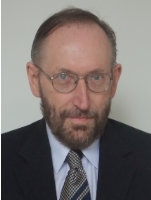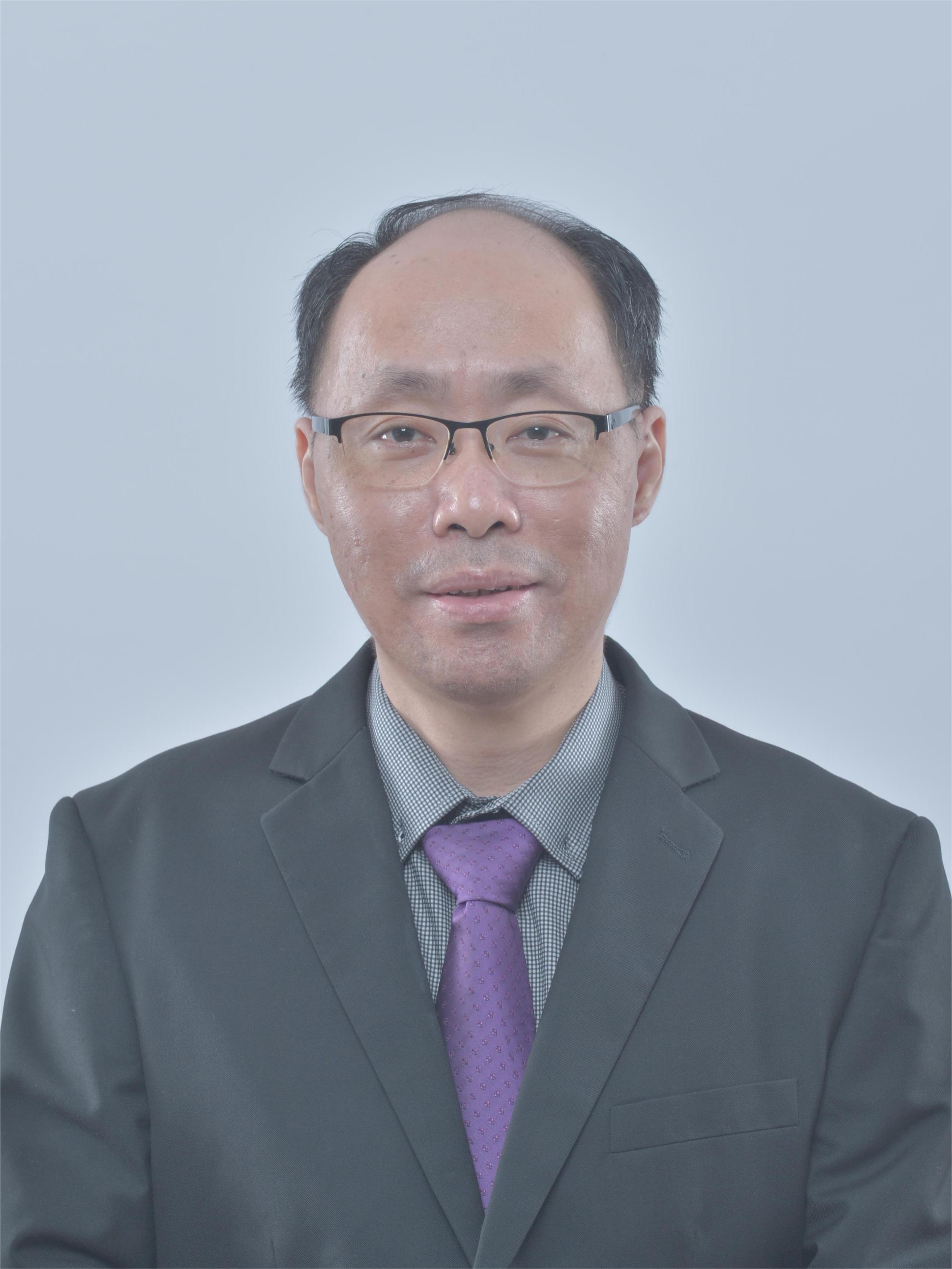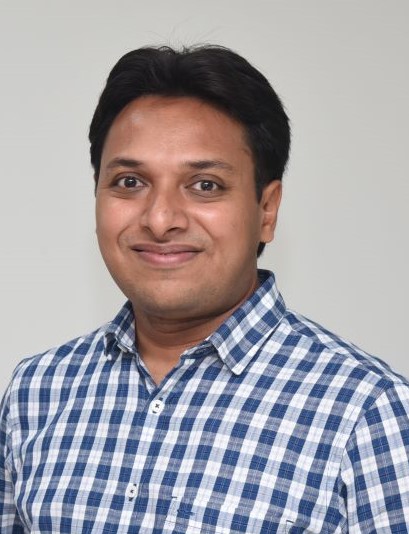Speaker I: Prof. Witold Pedrycz, University of Alberta, Canada, IEEE Life Fellow

Witold Pedrycz (Life Fellow, IEEE) is currently a Professor and the Canada Research Chair (CRC) in computational intelligence with the Department of Electrical and Computer Engineering, University of Alberta, Edmonton, Canada. He is also with the Systems Research Institute of the Polish Academy of Sciences, Warsaw, Poland. He is a Foreign Member of the Polish Academy of Sciences and a fellow of the Royal Society of Canada. He was a recipient of several awards including, the Norbert Wiener Award from the IEEE Systems, Man, and Cybernetics Society, the IEEE Canada Computer Engineering Medal, the Cajastur Prize for Soft Computing from the European Centre for Soft Computing, the Killam Prize, the Fuzzy Pioneer Award from the IEEE Computational Intelligence Society, and the 2019 Meritorious Service Award from the IEEE Systems Man and Cybernetics Society. He is the Editor-in-Chief of Information Sciences and WIREs Data Mining and Knowledge Discovery (Wiley) and the Co-Editor-in-Chief of International Journal of Granular Computing (Springer) and Journal of Data Information and Management (Springer).
Title: To be updated
Speaker II: Prof. Michael Khoo Boon Chong, Universiti Sains Malaysia, Malaysia

Michael B.C. Khoo is a Professor at the School of Mathematical Sciences, Universiti Sains Malaysia (USM). He received his PhD in Applied Statistics in 2001 from USM. His research interest is in Statistical Process Control and Statistical Quality Control. He has authored and co-authored about 300 papers in reputable peer-reviewed international journals, most of which are indexed in the SCI/SCIE database, including Q1 and Q2 journals indexed in the Web of Science (WoS) database. He was listed as the Top 2% Scientists in the World in their Respective Fields (Citation Impact in Single Year) by Stanford University (USA) for the year 2019, 2020 and 2022. He was ranked 3rd in Malaysia and 2599th in the world for Best Scientists in Mathematics for the Year 2023 by Research.com. 3 of his articles have been awarded the Top Cited Article 2021-2022 (John Wiley). He sits on the editorial boards of Quality and Reliability Engineering International (John Wiley & Sons), European Journal of Industrial Engineering (Inderscience) and Measurement-Interdisciplinary Research and Perspectives (Taylor & Francis). He has reviewed 229 journal articles, where most of them are indexed in the WoS database. His active research collaborators in his research network consist of researchers from Malaysia, France, India, Hong Kong, Taiwan, Pakistan, Iran and UAE, to name some. Furthermore, he has been a Principal Investigator of 8 national and university grants, and a co-researcher of 19 national and university grants. He has successfully graduated 25 PhD and 13 MSc students (both by research mode). He was a program Committee member of various conferences. He is a Senate member of USM since 2020.
Title: To be updated
Speaker III: Dr. Hari Mohan Pandey

Dr. Hari Mohan Pandey is an accomplished academic and researcher currently serving as Senior Lecturer (Data Science & AI) at Bournemouth University, UK. Holding a Ph.D. in Computer Science and Engineering, he brings over 20 years of experience in artificial intelligence, machine learning, NLP, LLMs, quantum computing, and optimization. He has authored over 180 peer-reviewed papers and 21 books, including his latest on multimodal LLMs in healthcare. Dr. Pandey has led and contributed to numerous high-impact international research projects, including the EU-funded DREAM4CAR project and Indo-US collaborative initiatives like GENTLE. Recognised globally for his academic excellence, he is listed in Stanford University’s Top 2% of Scientists (2021–2024) and holds editorial positions with prestigious journals such as IEEE Transactions on Neural Networks and Learning Systems and Applied Soft Computing. His work has been featured by BBC and acknowledged by the Prime Minister of India and ASDF Global Awards.
Title: Agentic AI for Healthcare Application
Speaker IV: Dr. Sachin Kumar

Dr. Sachin Kumar holds B. Tech. in Electronics and Communication Engineering from Uttar Pradesh Technical University, India (2009), M.Tech. in Digital Communication (2011), and Ph.D. in RF & Microwave Engineering from Netaji Subhas University of Technology, India (2016). He was a Post-Doctoral Research Fellow at Kyungpook National University, South Korea (2018-2021) and currently serves as Associate Professor at Galgotias College of Engineering and Technology, India. With 3 books, 14 book chapters, 13 patents, 170 SCI journal articles, and 60+ conference papers cited over 3700 times (H-index 33), he holds editorial roles including Associate Editor for Measurement and Control, Frontiers in Antennas and Propagation, and Franklin Open; Academic Editor for PLOS One; and Guest Editor for Sensors and Micromachines. He reviews for 60+ journals and regularly chairs conferences. Ranked among Stanford University's "World’s Top 2% Scientists" (2020-2022), he received the Brain Korea 21 Plus Fellowship and Teaching-cum-Research Fellowship from Delhi Government. He is a Fellow of the Institute of Electronics and Telecommunication Engineers (India) and member of Korean Institute of Electromagnetic Engineering and Science.
Title: Wearable/Implantable Antennas for Biomedical Applications
Additional speakers and details will be announced shortly ... ...